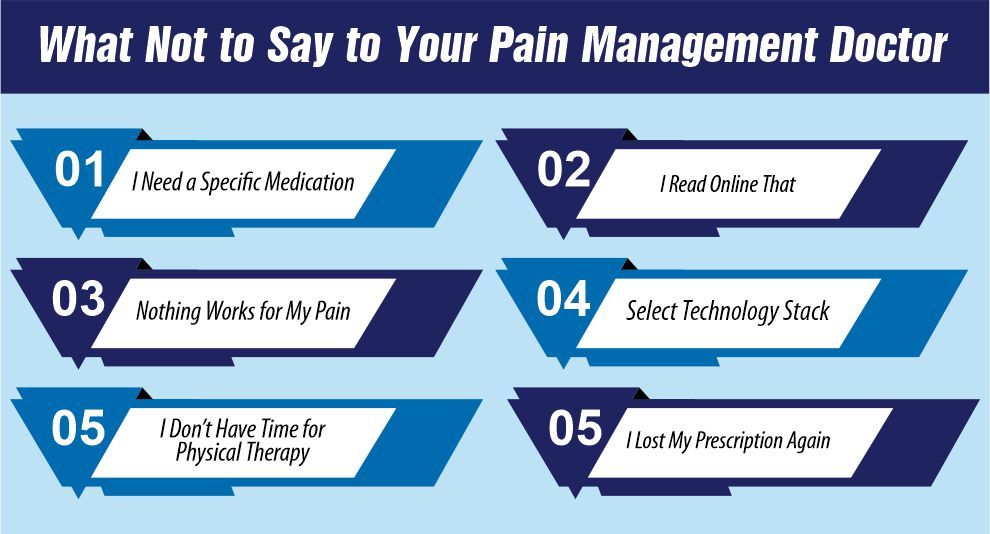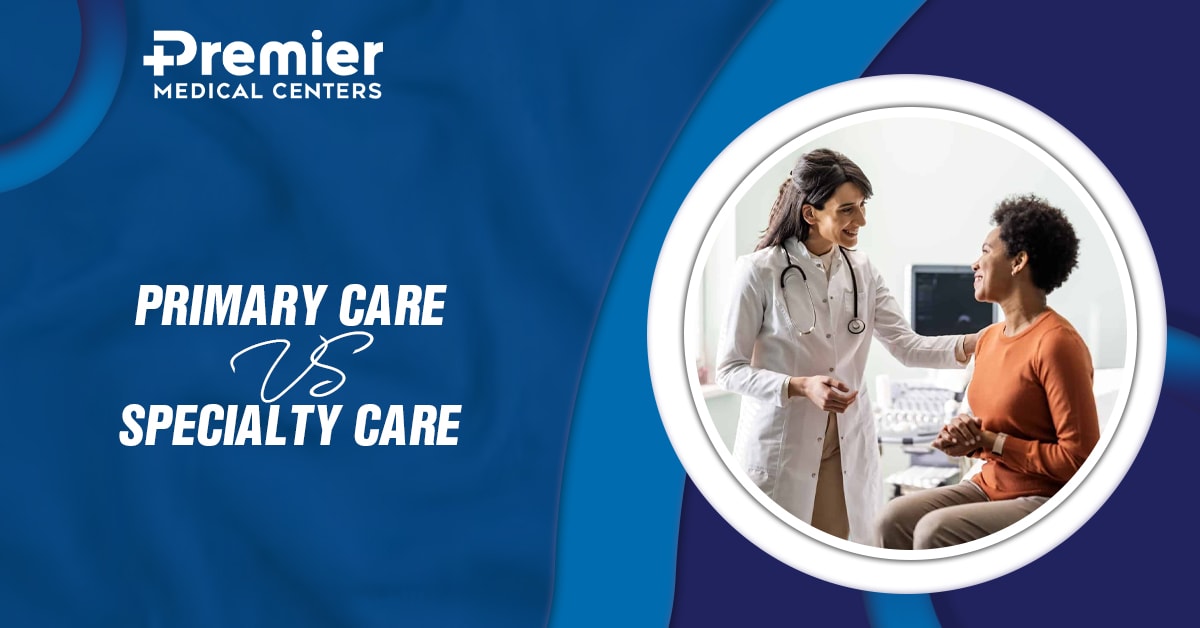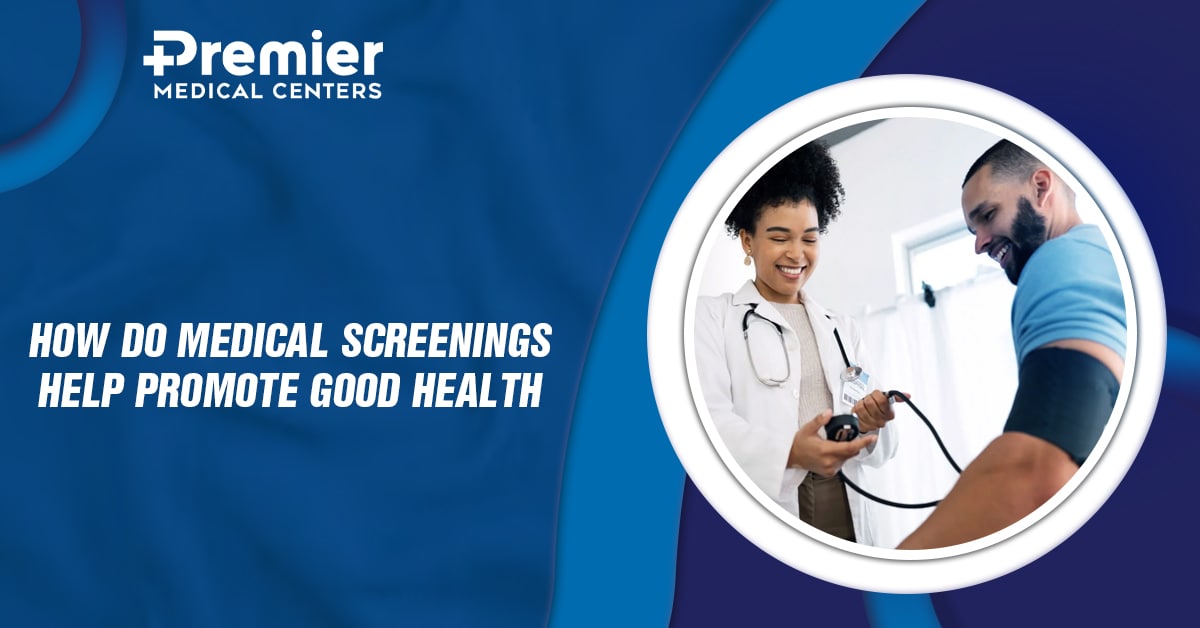 Conversion-Focused Landing Pages – More Leads, Less Bounce!
Conversion-Focused Landing Pages – More Leads, Less Bounce!
Can I Go To Urgent Care For Knee Pain?
Written by Premier Medical Center » Updated on: June 17th, 2025

Knee pain can be frustrating, limiting, and downright scary—especially when it comes on suddenly. Whether it’s a dull ache, a sharp pain, or a strange popping sensation, it often raises the question: Can I go to urgent care for knee pain? The short answer is yes, but there’s a little more to it. Let’s explore when it’s the right move, what you can expect from a visit, and when you might need to head elsewhere for treatment.
Understanding Knee Pain
Your knee is one of the most complex and hard-working joints in the body. It bears weight, absorbs shock, and lets you walk, run, jump, and kneel. Because of its role in daily movement, the knee is prone to injuries and wear-and-tear.
Knee pain can come from a variety of sources:
Sudden trauma (like a fall or twist)
Overuse from repetitive motion or heavy activity
Arthritis or other chronic conditions
Ligament or tendon injuries
Bursitis or inflammation
Dislocation or fractures
Some of these issues need immediate medical attention, while others might be monitored at home. So how do you know if urgent care is the right choice?
When Urgent Care is a Good Option
Urgent care centers are a great middle ground between your primary care doctor and the emergency room. They’re designed to treat non-life-threatening conditions that still need prompt attention. If your knee pain isn’t an emergency but you can’t wait for a regular doctor’s appointment, urgent care is often the ideal solution.
You should consider going to urgent care if:
You’re experiencing moderate pain that doesn't go away with rest or ice
Your knee is swollen or tender
You heard a pop or felt something shift and now it hurts to move
You can walk, but it’s painful or unstable
You need an x-ray or basic diagnostic imaging
You want a medical professional’s opinion quickly
Many urgent care centers are equipped with imaging technology, and the staff includes doctors who can assess musculoskeletal injuries. They can diagnose sprains, strains, minor fractures, or inflammation, and prescribe pain relief, physical therapy referrals, or even braces.
What to Expect at Urgent Care for Knee Pain
If you head to urgent care with knee pain, here’s what will typically happen:
Medical History & Symptoms: You’ll be asked about your pain—when it started, how severe it is, what you were doing at the time, and if you’ve had similar issues before.
Physical Examination: The provider will assess your knee’s range of motion, stability, and tenderness. They may check for signs of swelling, bruising, or abnormal alignment.
Imaging: If the doctor suspects a fracture or serious internal injury, they might order an x-ray or even recommend an MRI, though some urgent care clinics might refer you out for more advanced imaging.
Diagnosis & Treatment: Based on the findings, you might receive a diagnosis on the spot. Treatment could include rest, ice, compression, elevation (RICE), pain relievers, a knee brace, crutches, or follow-up care with a specialist.
Referral if Needed: If your injury is beyond what urgent care can handle—like a torn ligament requiring surgery—you’ll be referred to an orthopedic specialist or advised to go to the emergency room.
When to Skip Urgent Care and Go to the ER
While urgent care is appropriate for many knee-related issues, there are some situations where emergency care is necessary. Head to the ER if:
Your knee is visibly deformed
You heard a loud crack and cannot put any weight on it at all
You suspect a deep cut or open wound that may need stitches
There is sudden, severe swelling
You’ve experienced a high-impact injury (car crash, hard fall from height, etc.)
You have signs of infection like fever, redness, and warmth around the joint
In these cases, time is critical, and emergency departments are better equipped for immediate, advanced care.
The Bottom Line
So, can you go to urgent care for knee pain? Absolutely. For most moderate, non-emergency knee injuries or pain that needs attention sooner rather than later, urgent care is a convenient and effective option. It saves time, avoids the higher costs of the emergency room, and still gives you access to professional medical evaluation and basic treatment.
However, trust your instincts. If the pain feels severe, if you’re unable to move the knee, or if the injury is clearly serious, don’t hesitate to head to the ER. When in doubt, it’s always safer to seek help and get checked out.
Knee pain doesn't have to keep you sidelined. Whether it’s a sprain, strain, or something more serious, getting the right care quickly makes all the difference. And urgent care can be a great first step toward healing and getting back on your feet—literally.
Note: IndiBlogHub features both user-submitted and editorial content. We do not verify third-party contributions. Read our Disclaimer and Privacy Policyfor details.
Copyright © 2019-2025 IndiBlogHub.com. All rights reserved. Hosted on DigitalOcean for fast, reliable performance.














